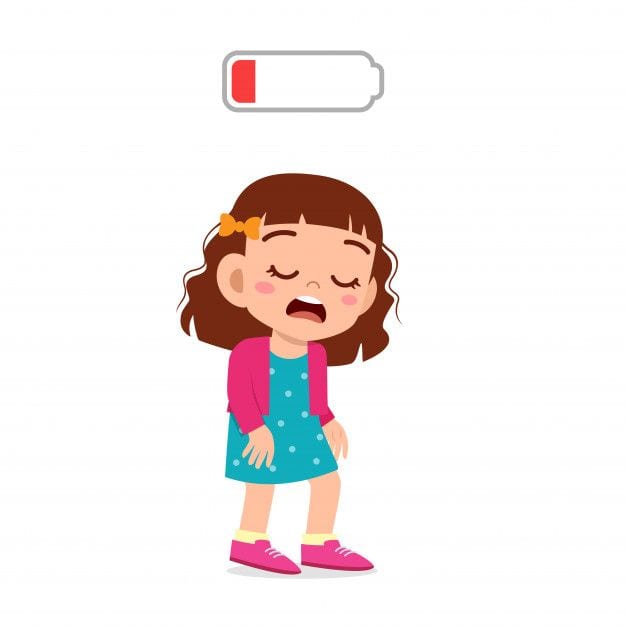Taking care of children with special needs isn’t easy, as you’re always required to anticipate and adjust to their behavior. “[These] children are stimulated by everything in their environment: by the sounds, by the interactions, by your smile,” mentions child development expert Maureen Samms-Vaughan during one of her parenting master classes. She follows up by saying how critical this stimulation is to their brain development. However, there will be times where the stimulants will prove to be too much for the child, causing them to be very overwhelmed by their emotions. When this happens, you need to help them calm down.
Here are five ways to do that:
1. Do some yoga
Yoga compels people to control their breathing and focus on their movements, allowing the activity to reduce stress and lower one’s heart rate. It’s even one of our recommended occupational therapy activities! It’s best if you do the activity with them, so they’ll feel more involved. Start with slow and deep breaths. Then, perform some basic poses like the extended mountain pose and squat pose.

2. Try some heavy work
On the other hand, if your child’s heightened emotion is pent-up aggression, yoga might not be the solution you’re looking for. Instead, help them release their anger by asking them to do some heavy work such as household chores. Recommended chores include carrying a full laundry basket and shoveling snow or raking leaves. These exercises lead to the brain releasing the “feel-good” hormones called endorphins, greatly improving your child’s mood. If they don’t react to chores you can encourage play such as riding a tricycle or bicycle.

3. Play slow, soft music
Much like how our body is compelled to move to fast beats, slow and quiet music can help slow the heart rate, making it very relaxing. Your best bets are those played by string instruments like the violin and acoustic guitar as well as soft wind instruments like the flute. Nature sounds like pouring rain and rustling leaves are also good options. There are plenty of these ready-made playlists on streaming platforms like Spotify and Apple Music for you to use.

4. Turn off the lights
Even though it’s not the thing that caused your child to be stressed or overwhelmed, turning the lights off temporarily removes at least one stimulant in the room, which may just be the thing they need to help themselves calm down. If it’s the middle of the day, you can close the window or bring them to a darkened space.

5. Give them a hug
The positive emotions we feel when we hug or get hugged are actually the work of a hormone called oxytocin. Sometimes known as the “cuddle” hormone, oxytocin causes feelings of happiness and elation — and its release is usually triggered when we touch or hug someone we like. When your child looks like they’re about to have a meltdown, sometimes the best solution is the simplest one.

Find out which methods work best
Every child responds differently to every calming activity, so it’s important to know which one works for them. You can do this by practicing the activities whenever they’re not overwhelmed, or consulting a pediatric professional for a more thorough assessment. However, with the ongoing doctor shortage at the moment, many pediatricians are booked. But for simple consultations, there are plenty of other professionals you can approach.
Your first point of contact will likely be a nurse and they will be able to assist with your pediatric and special needs. Registered nurses who have graduated from BSN programs are taught specialized topics like family assessment. This allows them to pursue a career in pediatric nursing, and those nurses will be able to provide the advice that you need. Likewise, students taking an online degree in psychology can choose from a number of specializations, from geriatrics to pediatrics. Some schools even offer special education classes. You can even approach these people via telemedicine portals like American Well and MDLive, so help will always be available.
Bringing up a child with special needs can be challenging and we hope the above information is useful.
Penned specially for Always Keep Progressing
by Beatrix Jurnee
Therapy for Kids with Special Needs in Miami
At Always Keep Progressing Miami, our trained bilingual speech and occupational therapists provide services specifically tailored to each individual child to help grow their independence and fine-tune their speaking and occupational skills. If you are concerned with your child’s development, an SLP or OT can help answer any of your questions!
Contact us for an evaluation if you are interested in our services!
For more resources check our other blogs and follow us on Facebook, Instagram, and LinkedIn!




0 Comments